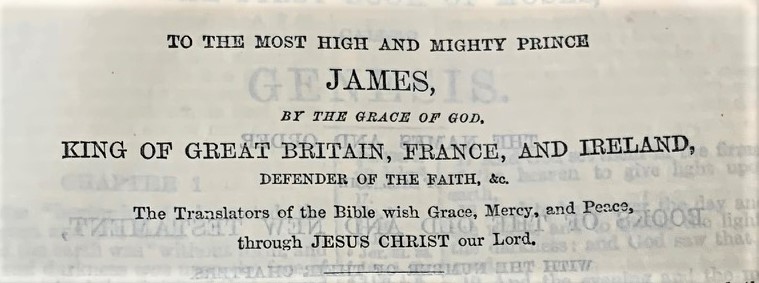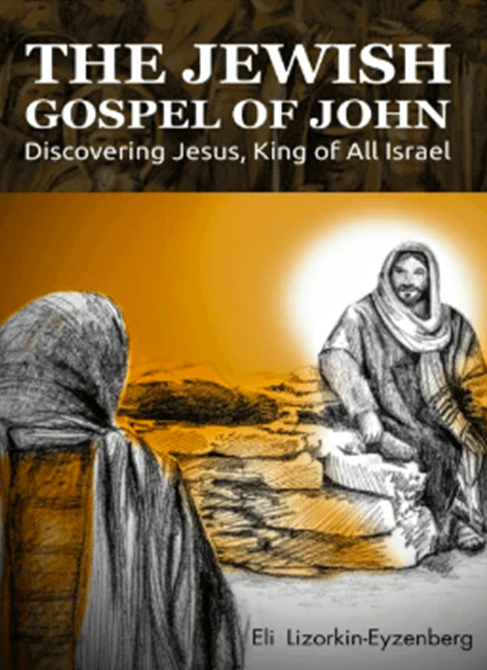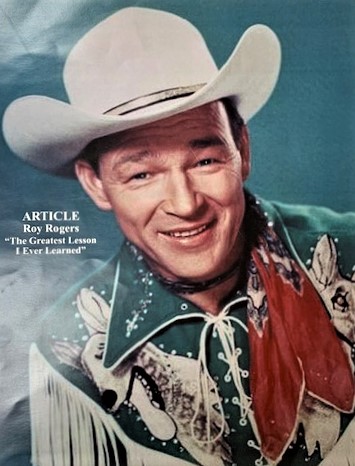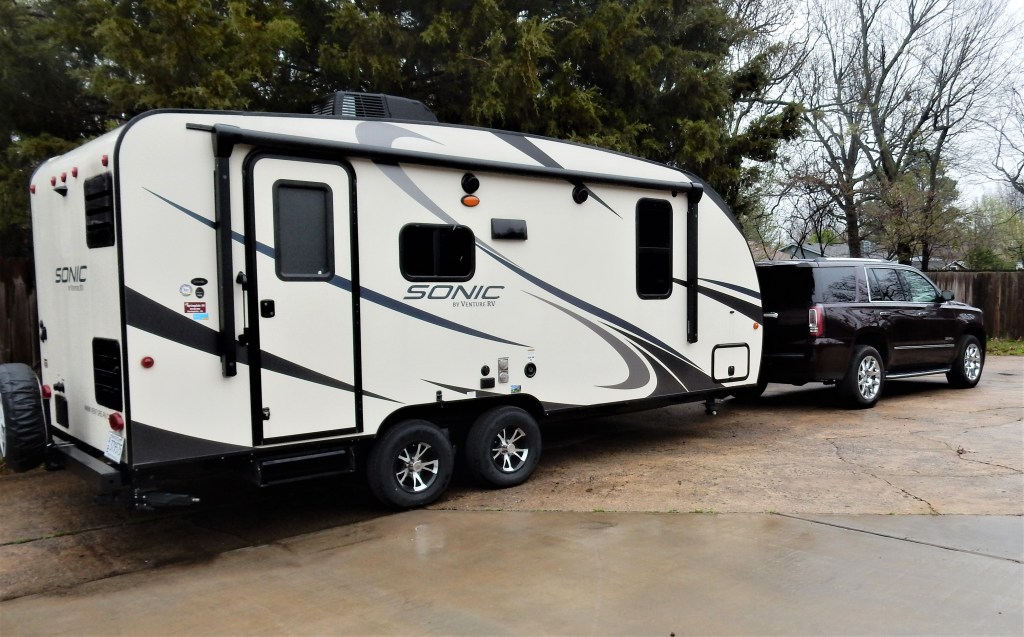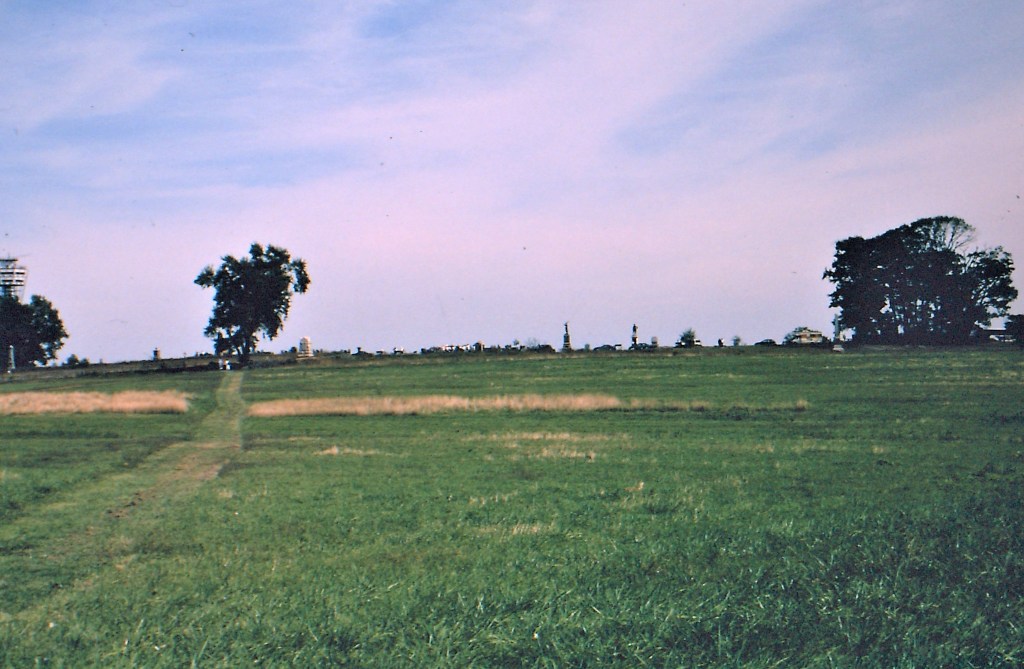Every year about this time most of America thinks about costumes, candy, goblins, graveyards, and a host of other weird things. Although the idea of ghosts or dead people haunting the living has existed for millennia, the spooky part of Halloween might have originated with the ancient Celtic festival of Samhain, when people would light bonfires and wear costumes to ward off these ghosts, or temporarily resurrected, somewhat deteriorated beings. And in the eighth century, Pope Gregory III designated November 1st as a day to honor all saints and martyrs. This evolved into the holiday known as All Saints’ Day. The previous evening (October 31st) was known as All Hallows’ Evening, but eventually evolved into Halloween, candy, goblins, etc., and incorporated some of the traditions of Samhain.
But enough of fantasy and phantoms; let’s get back to reality.
October 31st is the anniversary of Martin Luther’s indomitable stand for Truth. Luther, named after St. Martin of Tours, was dedicated to learning truth and wanted to learn from the sages such as Aristotle, Plato, and Gabriel Biel. But two men who became his tutors (Bartholomaus Arnoldi von Usingen and Jodocus Trutvetter) taught Luther to be wary of even the great thinkers of the ages. Therefore, human philosophy and human reason became a headache for Luther because they could not give him the satisfaction in life he desired. Luther wanted to know about God, and human-kind’s greatest thinkers could tell him only of man.
This, in itself, was a headache for Luther because he had an insatiable drive to think everything through; to reason everything out. Every aspect of his faith had to be rational and understandable.
Becoming an Augustinian Monk, Luther dedicated himself to God in the best way he understood fasting, long hours of prayer, pilgrimages, confessions…Oh, so many confessions! But he remained empty within. His superior, noting Luther’s personal dissatisfaction, suggested that he become a professor of law, and in 1507 Luther was ordained into the priesthood and assigned to the University of Wittenberg to teach theology.
Things didn’t get much better for this unfulfilled monk/priest/professor/ theologian/lawyer, and he continued to question whatever seemed to be a man-made doctrine or rule. No church doctrine was safe from Luther’s critical eye if he thought it was not supported by the Bible. Therefore, he rejected the Church’s position that good works, charity, and church traditions must supplement faith in Christ in order for us to receive eternal salvation.
Already questioning the concept of “indulgences” (buying forgiveness for certain types of sin from the Church), Luther became angry when the Dominican monk, Johann Tetzel, began selling indulgences for the dead (supposedly releasing them from purgatory) to raise money to build St. Peter’s Basilica in Rome. These indulgences might have been the catalyst that prompted Luther, in 1517, to write and publish his “Ninety-five Theses” for the world to read. His eighty sixth thesis was the most direct: “Why does not the Pope, whose wealth is today greater than the riches of the richest, build just this one church of St. Peter with his own money, rather than with the money of poor believers?” This caused great anxiety on the part of the Pope and the College of Cardinals.
However, not desiring to break from the Catholic Church, rather wanting to reform it from within, Luther’s desire was to know God, and to spend his life helping others know Him. Reformed theologian Charles Spurgeon said it this way: “I cannot know Jesus through another person’s acquaintance with Him. I must know Him myself; I must know Him on my own account. It will be an intelligent knowledge. I must know Him, not as the visionary dreams of Him, but as the Word [Bible] reveals Him. I must know His nature: divine and human. I must know His offices, His attributes, His works, His shame – His glory.”
Martin Luther’s battle cry was “Sola Scriptura!” (Only Scripture!), for only the Scriptures point us to Jesus Christ and reveal all we need to know for eternal life.
John 3:16 – “For God so loved the world [people] that He gave His only begotten son [Jesus]; so that whoever believes in Him [Jesus] will not perish [suffer or endure eternal punishment] but have everlasting life [live forever in the glorious and loving approval of almighty God].”
Ephesians 2:8-9 “For by grace are ye saved through faith; and that not of yourselves: it is the gift of God: Not of works, lest any man should boast.” This verse negates the idea that human endeavors and traditions are needed to supplement faith for salvation. The New Living Translation says it this way: “God saved you by his grace when you believed. And you can’t take credit for this; it is a gift from God. Salvation is not a reward for the good things we have done, so none of us can boast about it.”
That was what Martin Luther wanted his parishioners to hear, learn, and understand. To the end, Luther directed people to the Bible as the foundation for faith, life, and our relationship with Jesus Christ.
Many books have been written about Martin Luther and the Reformation, and this brief article does not do justice to the historic event; but I hope it inspires or challenges you to study and learn more about the faith that Martin Luther fought so diligently to clarify and uphold.










